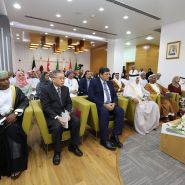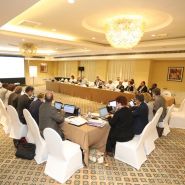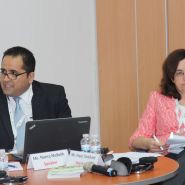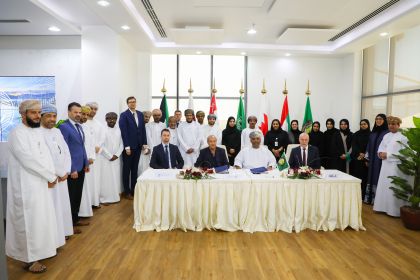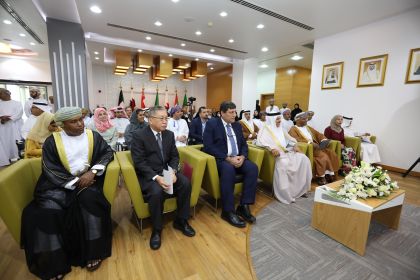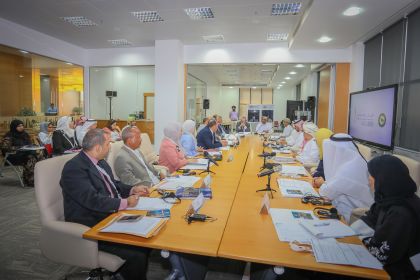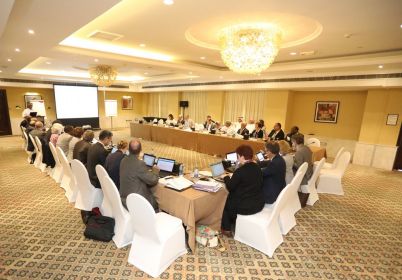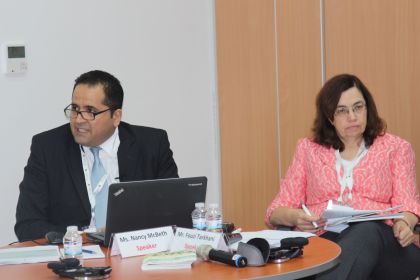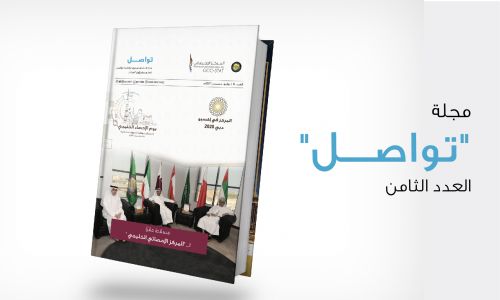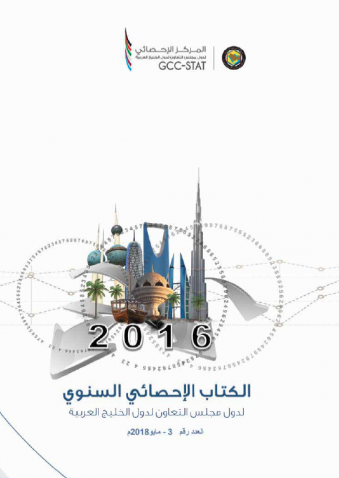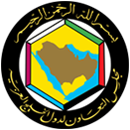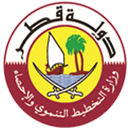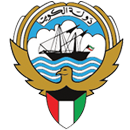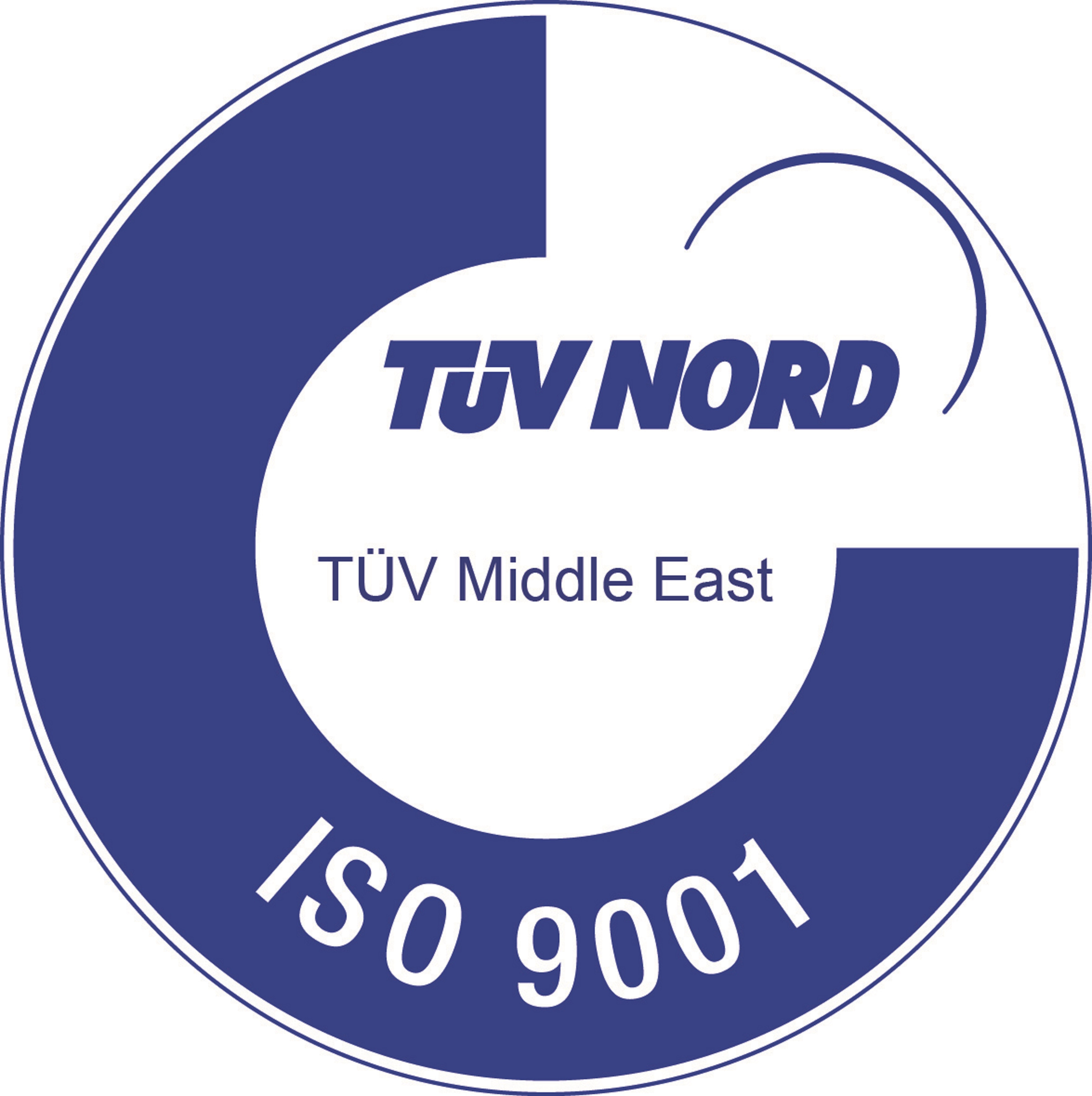GCC Foreign Trade Statistics
Foreign Trade Statistics
Introduction
Foreign trade statistics concern the movement of goods between GCC countries and other countries, including external and intra-GCC trade.
In all GCC countries the national statistics centres (NSCs) are the institutions responsible for the production and dissemination of International Merchandise Trade Statistics (IMTS). The national Customs authorities (NCAs) collect the data and provide them to the NSCs. Very close technical cooperation is in place between NSCs and NCAs working effectively across the GCC, which is a milestone requirement for enabling production of good quality FTS.
Coverage and methodological issues
Most of the goods flows required by international standards are compiled in FTS in a single data set. The concepts of total exports, exports, re-exports and imports are used to indicate commodity flows, covering respectively general or total exports, exports of domestic goods, re-exports of foreign goods, and general or total imports. The total exports is derived as a sum of exports of domestic goods and re-exports, while the imports includes imports of foreign goods and re-imports without specifying them separately.
In all GCC countries to ensure completeness of foreign trade data the NSCs have established special data collection practices for oil products: the data are compiled using administrative sources (data are provided by responsible ministries) or the data are collected directly from oil producers and traders. The level of confidentiality applied for oil data differs significantly between the countries. The majority of the countries disseminate all details, but in some countries statistics on exports and imports of crude oil and gas are compiled separately and the breakdowns by oil products or by partner countries are not disseminated.
The methodology for compiling re-exports differs among the countries. Military goods and goods for processing are covered partially or excluded from statistical coverage, including processing activities in free zones.
In all countries except one, detailed Customs procedure codes are not applied by the Customs, which would allow unambiguous identification of flows of goods between various elements of customs territories: free circulation area, customs warehouses, premises for inward processing, outward processing arrangements, commercial and industrial free zones, etc. and to correctly define the trade system - Special or General. The procedure codes are very important for the correct definition of the scope of trade statistics and for ensuring methodological soundness of data.
The differences in the coverage should be taken into account in cross country comparisons of foreign trade data and interpreting the GCC aggregates.
However the Customs in the GCC is a fast developing area with new initiatives being introduced on a regular basis, both by the GCC Customs Union (GCC-CU) and the NCAs. These include new Customs procedures (2015 Unified Guide for Customs Procedures at First Points of Entry into the GCC Member States) and various arrangements for traders such as Customs bonded warehouses, various goods-storage facilities and rules for processing activities. The realisation of these initiatives will contribute to improvements in statistical data compilation practices and enhance the sophistication in coverage definitions for exports and imports. Therefore the NSCs closely monitor these developments to ensure that statistical needs are taken into account and that structural changes are correctly reflected in statistical data.
Classifications and standards
In all GCC countries, commodity, country and currency classifications follow international standards: Unified Customs Tariff of the Member States of the GCC (based on HS-2012), ISO 3166-1 country codes and ISO 4217 currency codes. The NSCs in all GCC counties but one disseminate commodity by partner country statistics on imports and non-oil exports at the most detailed HS eight digit level, and the UAE at HS 4 digits level. See above for recording for oil and natural gas exports.
Also the majority of the countries publish trade data by other product classifications such as Standard International Trade Classification (SITC), Classification by Broad Economic Categories (BEC) and Classification of Products by Activity (CPA).
Dissemination including timeliness
All GCC countries disseminate monthly foreign trade statistics, including commodity by partner country data on imports and non-oil exports, with all but one country at the most detail HS 8 digit level and the UAE at 4 digits. However some countries disseminate the detailed statistics only quarterly or annually. As regards crude oil and natural gas exports, only Bahrain disseminates the commodity by country breakdown at the 8 digit level and others at 4 or 2 digit level, and some without commodity by country breakdown.
The timelines in disseminating FTS differs significantly between the countries, including timely recording of exports and imports of oil and oil products that is problematic in some countries. Qatar has implemented very good practices in regular and timely (T+20 days) dissemination of monthly statistics. All available details (at GCC Customs tariff eight digit level broken down by partner countries) are provided without restrictions to the data users. Also the Bahrain, KSA, Oman and Kuwait disseminate timely monthly FTS. In most countries the data are provided to the users as tables in pdf format and Excel formats published on the websites of the NSCs. The UAE, Bahrain, Saudi Arabia and Qatar have developed interactive web dissemination forms of FTS through the bulk downloads and search engine enabled data portals. The UAE only disseminates annual and semi-annual statistics on its data portal. In some countries, the data dissemination calendars are available to users.
Quality
All the GCC countries, to the extent possible, attach considerable importance to ensuring the accuracy of their ETS data. However, the starting positions for quality checks are inconsistent across countries. In some cases, Customs administrations are able to provide clean data to the NSCs, whereas in the other cases, data arrives prior to basic validation checks being carried out.
The possibilities for NSCs to employ efficient validation tools differ considerably across the GCC. This is due to the restrictions applied in some of the countries to access detailed transaction level data. Two NSCs receive the data already aggregated to commodity/partner country level. Four NSCs receive the data at transaction level, but only two of these have access to the identification of traders.
However, there are centralised customs clearance Information Technology (IT) systems currently under construction in nearly all the countries along with the implementation of paperless environments, which are another important developments to improve both the availability and quality of trade data.
GCC-STAT and Regional Aggregates
GCC countries provide the GCC the Statistical Centre (GCC-STAT) with their annual, and since 2016, also monthly international merchandise trade statistics (IMTS) data detailed by commodities and partner countries as available by country and described above. The GCC-STAT consolidates the data for all six countries in its GCC database on FTS currently in development. The data for the GCC are converted into US dollars (USD) using the market exchange rates between the national currency units (LCY) and the USD. Accordingly the regional aggregates are also expressed in USD. Country pages are available in both LCY and the USD. The GCC-STAT database on FTS is being developed at present to disseminate trade data for GCC countries, including regional aggregates through its data portal at http://dp.gccstat.org/en. The first phase is to cover commodity by partner country statistics at 2 digit level of HS Chapters. More detailed statistics are available upon request.

















